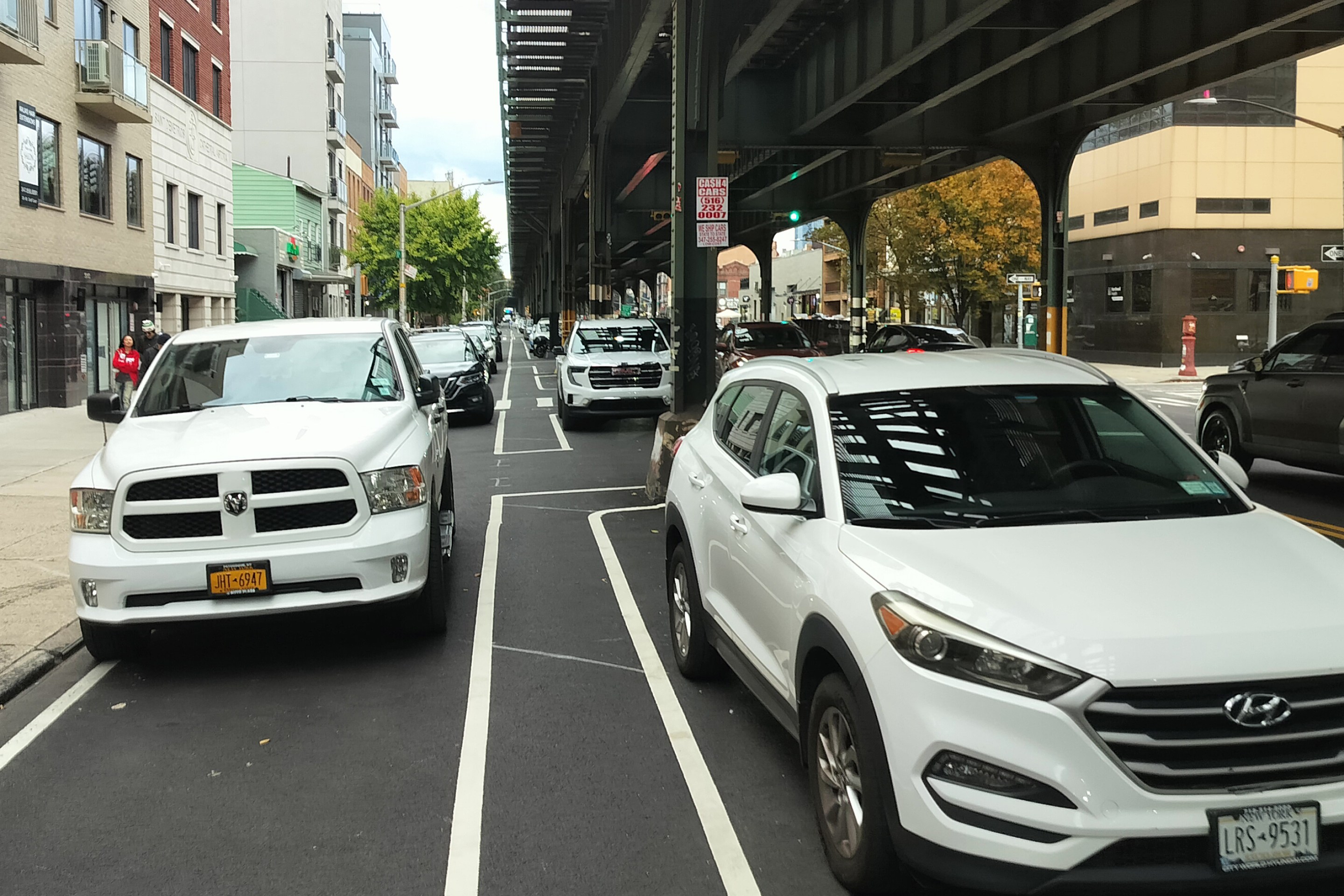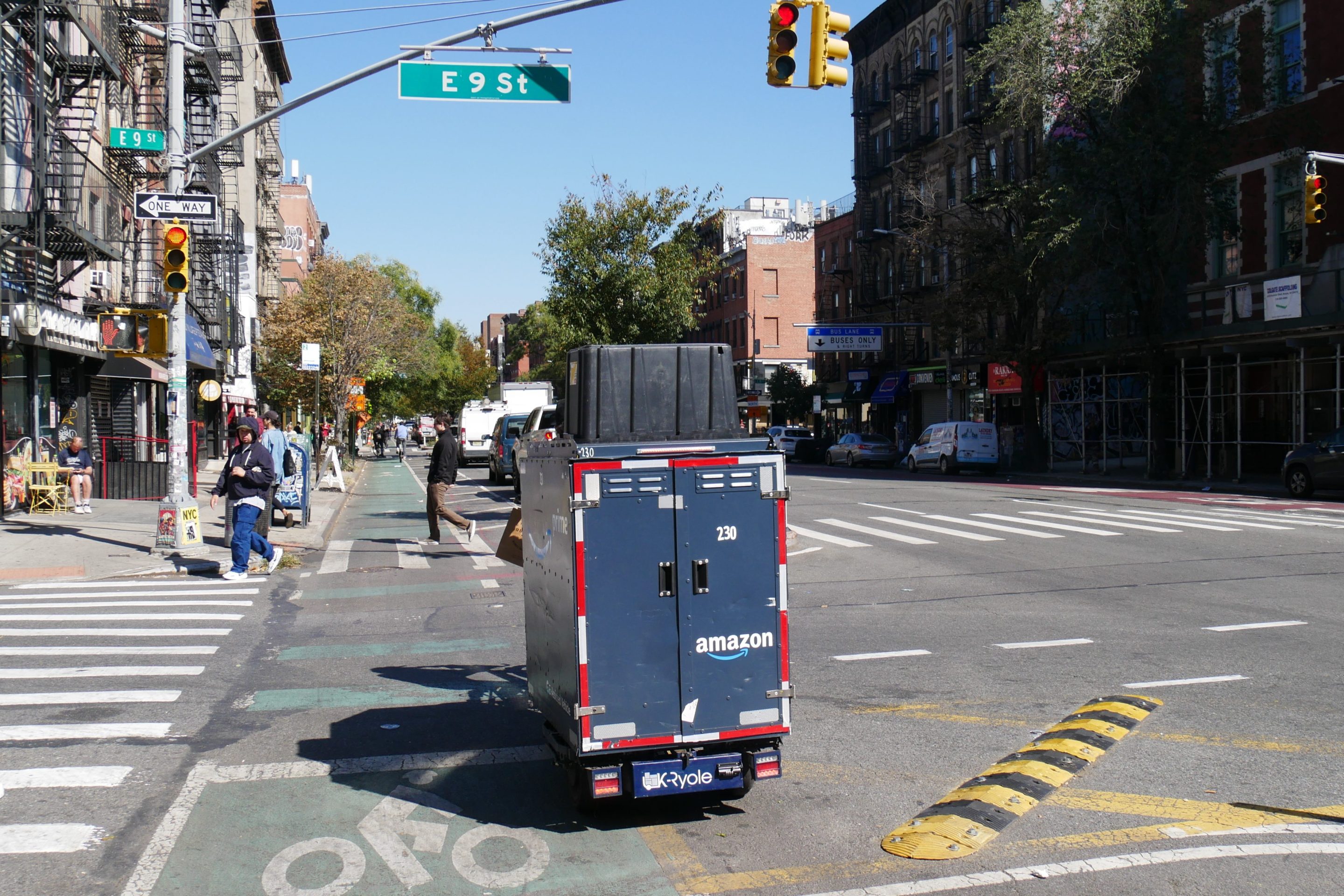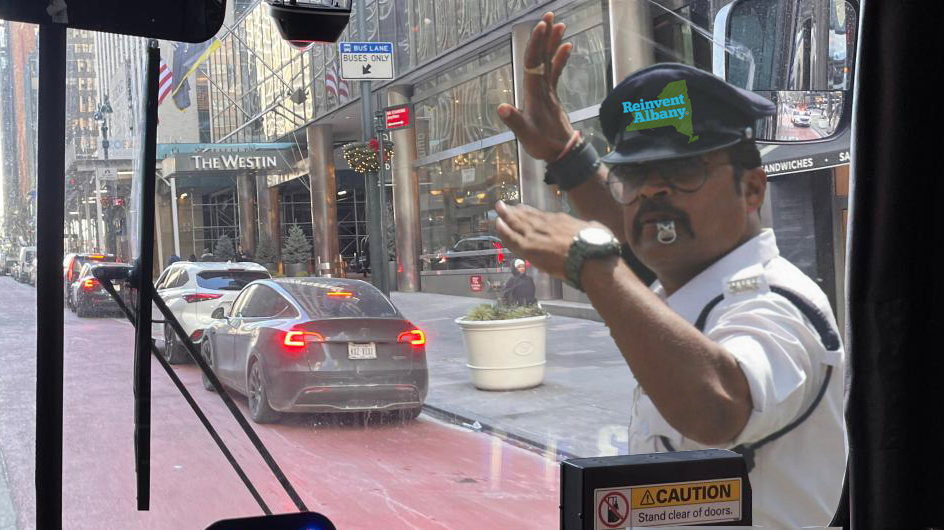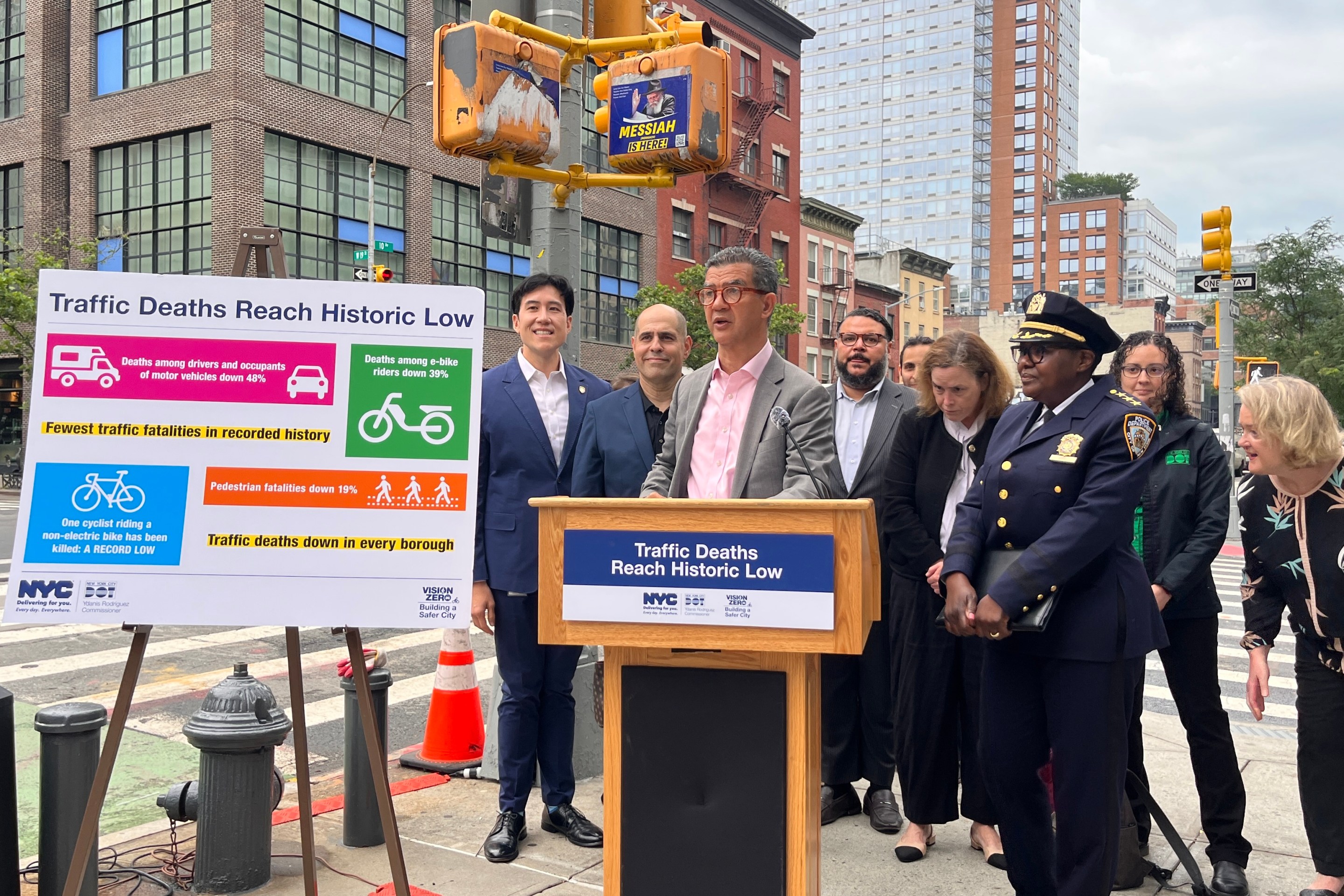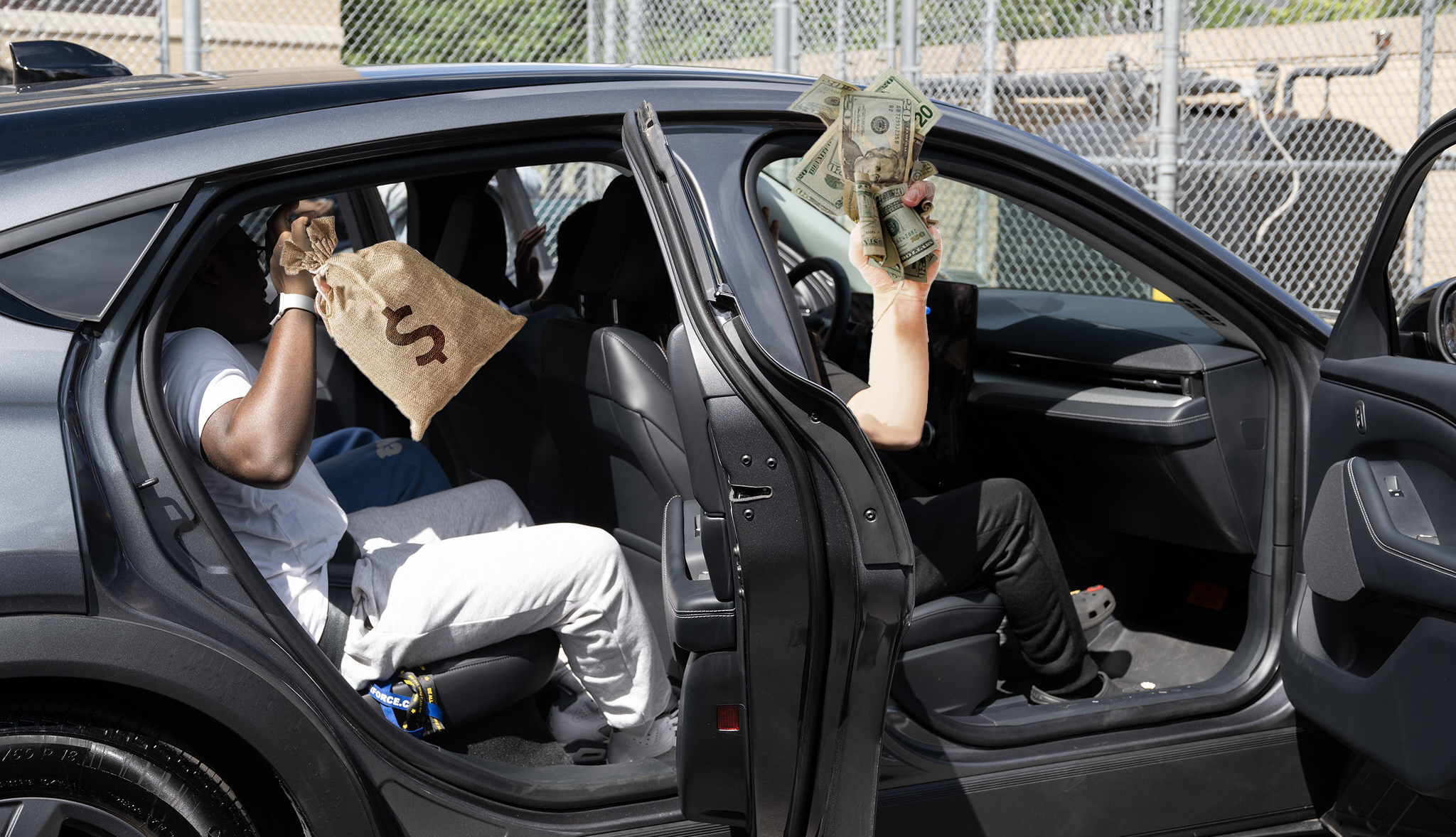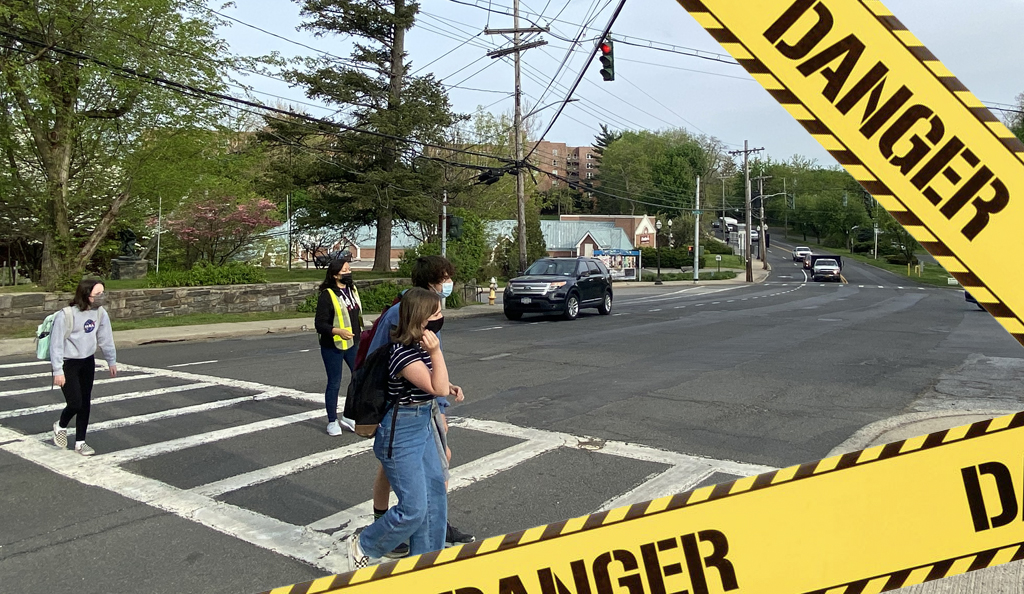
Charles Marohn at Strong Towns has been giving some thought to what's ailing the Minnesota Department of Transportation. And he traces the agency's biggest problems back to its core assumptions.
The agency sees its mission as increasing people's mobility -- which it defines, more more or less, as "how far they can travel in a given period of time." But Marohn says that approach is outdated and not serving the state well anymore:
When we started building highways, we were connecting places that were remote and distant from each other. The act of making these connections completely transformed our economy. It opening up employment opportunities, allowed us to exploit previously inaccessible land and made it easier for farm products, timber and extracted minerals to get to market. The transformative impact of these investments can hardly be overstated.
The system as originally envisioned has now been built and what we have been experiencing for decades are the diminishing returns of this same approach. It is one thing for my drive from Brainerd to St. Paul to go from ten hours (1950’s) to six hours (1960’s), to four hours (1980’s) and now to two hours (2000’s). It is another thing for my morning commute into town to go from twelve minutes to ten. Both represent a massive financial undertaking for the state, but only the former is transformative.
Our focus on increasing mobility is no longer improving the lives of Minnesotans. To the contrary, we force enormous financial burdens onto individuals and families when we require people to own a car in order to function in society. When most of Minnesota’s cities and neighborhoods have no options available for an individual who chooses to live without a car -- not only to find employment but simply to get food, clothing or medicine -- then our transportation system is causing more problems than it can possibly solve.
We need a new underlying assumption to refocus our efforts for an auto-based transportation system that is fully mature. Here's that new assumption:
We improve the lives of Minnesotans the less we force them to drive.
Today, MnDOT lacks focus and that results in the old underlying assumption -- increasing mobility is the path to prosperity -- being the driving force. We increase mobility by building more, adding more capacity and constantly expanding our systems. We’ve run out of money trying to solve our problems this way. We need to think differently.
A new focus on providing alternatives -- do not force people to have to drive to everything -- is necessary to overcome the organizational inertia that currently exists.
Elsewhere on the Network today: Systemic Failure is not impressed by President Obama's new pick to lead the Federal Railroad Administration. Urban Milwaukee reports that the City Council has finally given the green light to a 2.5-mile streetcar route that's been planned for years. And Rochester Subway wonders when the last time someone was ticketed in that city for not shoveling their sidewalk.
